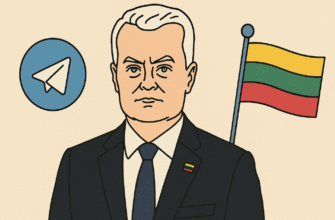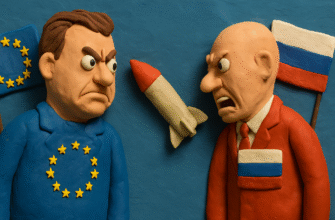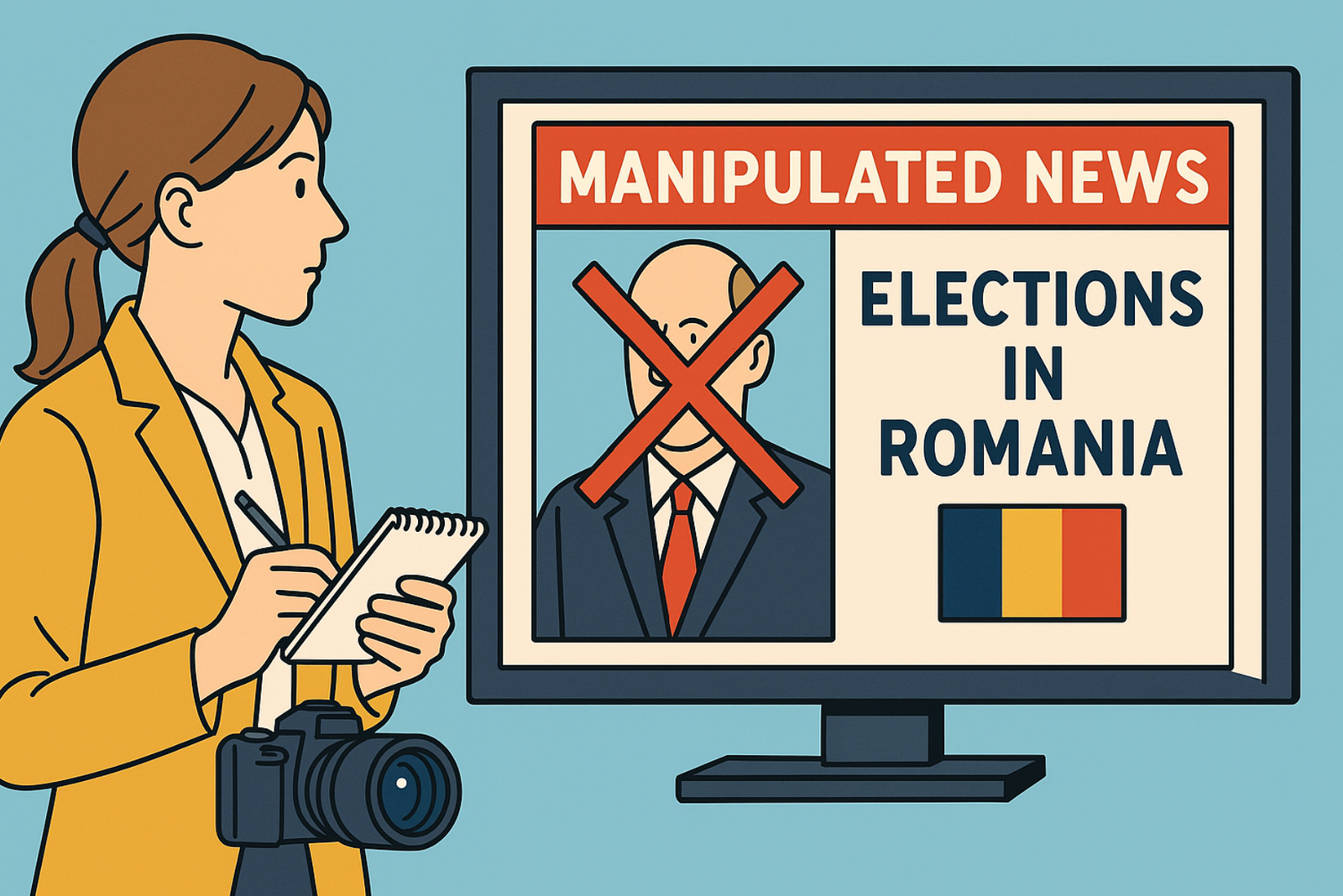World Press Freedom Day was proclaimed by the UN General Assembly in December 1993 following a recommendation from the UNESCO General Conference. Since then, May 3, the anniversary of the Windhoek Declaration, has been celebrated worldwide as World Press Freedom Day.
Agenda for 2024
In 2024, World Press Freedom Day is dedicated to the importance of journalism and freedom of speech in the context of the current global environmental crisis.
Understanding all aspects of the global environmental crisis and its consequences is crucial for building a democratic society.
Journalists face serious challenges in finding and disseminating information on contemporary issues such as supply chain problems, climate migration, the mining industry, illegal mining, environmental pollution, poaching, animal trafficking, deforestation, or climate change.
In the context of the triple planetary crisis of climate change, biodiversity loss, and air pollution, disinformation campaigns challenge the knowledge and methods of scientific research.
Disinformation and unintentional misinformation about environmental issues can lead to a lack of public and political support for climate change mitigation actions, effective policies, and protection of vulnerable communities affected by climate change, as well as women and girls, as climate change tends to exacerbate existing inequality issues.
To achieve sustainable development, journalists need to accurately, timely, and comprehensively report on environmental issues and their consequences, as well as possible solutions.
This requires a comprehensive strategy that includes:
- Prevention and protection against crimes committed against journalists.
- Ensuring rights to freedom of expression, freedom of scientific research, and access to key sources of information, as well as combating misinformation through journalism.
- Promoting pluralism, diversity, and viability of media, especially regional, local, indigenous, and/or community media.
- Ensuring that the management of digital platforms promotes transparency of technology companies, their accountability, due diligence, expansion of user rights and opportunities, as well as content moderation and curation based on international human rights standards, as outlined in UNESCO’s Guiding Principles on Digital Platform Management.
- Advancing media and information literacy programs that enable users to acquire skills for critical interaction and critical thinking in the digital environment.
Press Freedom in 2024
Press freedom worldwide is threatened by the very people who should be its guarantors – political authorities. This is evidenced by the latest annual World Press Freedom Index prepared by Reporters Without Borders (RSF). This conclusion is based on the fact that of the five indicators used to compile the ranking, the political indicator has dropped the most, recording a global average drop of 7.6 points.
Belarus has worsened its position in this global index by 10 positions:

Being the most dangerous country in Europe for journalists before Russia’s invasion of Ukraine, Belarus continues massive repression against independent media.
Trust in information sources among the Belarusian internet audience in the country and abroad
Based on data from a study of media consumption by the Belarusian internet audience in the country and abroad, conducted in September-October 2023 by the Digital Skills Coalition and the Belarusian National Platform, let’s consider the responses to two questions:
- Do you ever feel that the media/press is deceiving you?
- What do you do in such cases?
Responses to the first question:
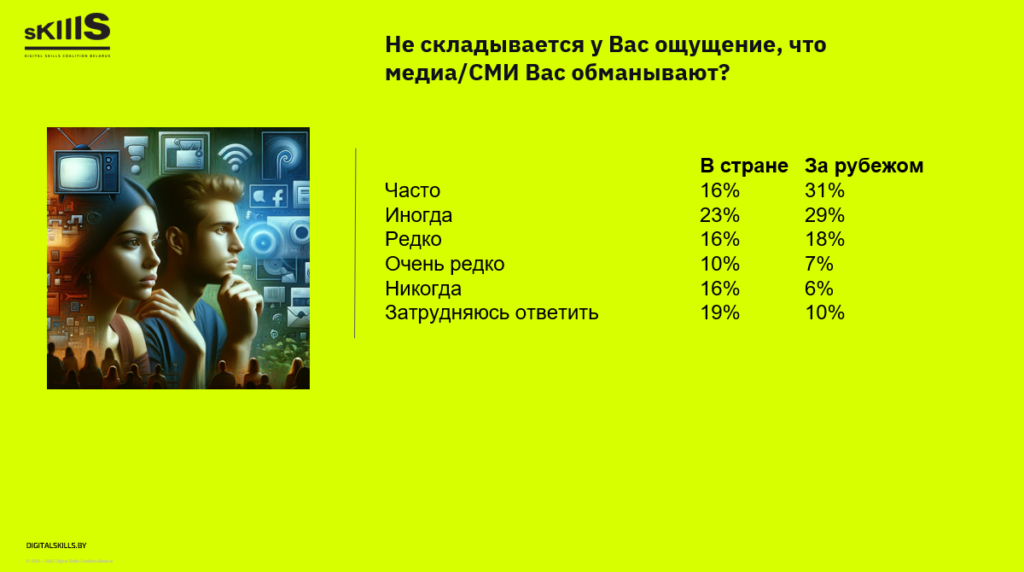
45% of Belarusian respondents in the country answered that they very rarely, never, or could not respond. It can be assumed that this question was sensitive for respondents for some reasons.
Now let’s look at the response to the second question, which was asked of those who feel that mass media might deceive them:
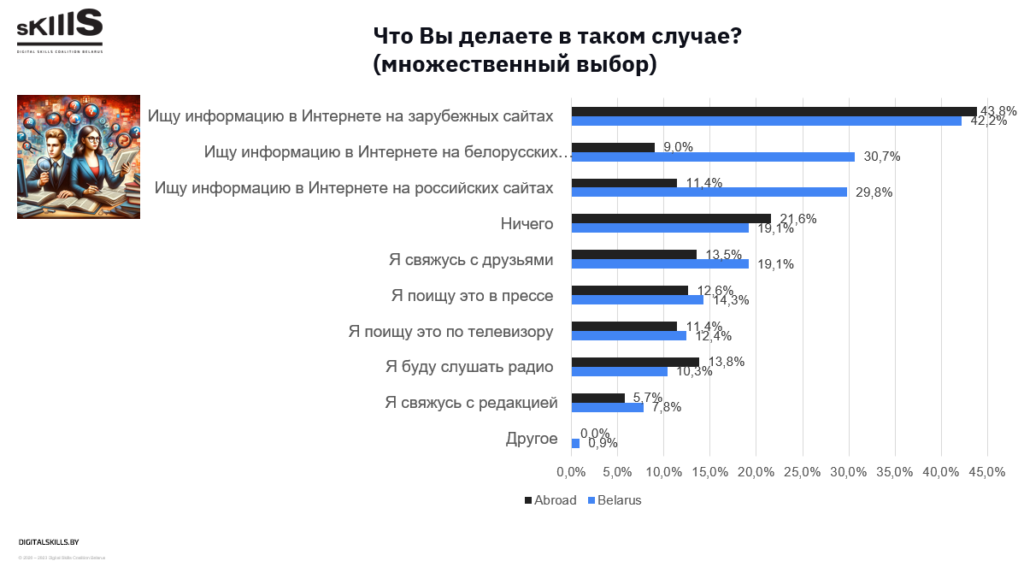
It is most alarming that the Belarusian internet audience does not seek information on Belarusian websites.
Let’s consider examples of successful combat against disinformation by journalistic organizations.
1. Fact-checking and data verification
Example: The Latvian initiative “Re:Baltica”
- Description: “Re:Baltica” is an independent investigative journalism center in the Baltic states specializing in fact-checking and researching disinformation.
- Achievements: The project has successfully debunked several disinformation campaigns related to COVID-19 and the migration crisis, using in-depth analytical materials and collaborating with international organizations.
2. Educational programs
Example: The Swedish national strategy for media literacy
- Description: Sweden has implemented media literacy courses in school curricula to teach children to critically analyze information and recognize disinformation.
- Achievements: The program has reduced the vulnerability of youth to the influence of fake news, especially during elections and the pandemic.
3. Cooperation with technology platforms
Example: Facebook’s partnership with fact-checkers
- Description: Facebook collaborates with organizations such as FactCheck.org and Snopes to verify and label potentially false information disseminated on the platform.
- Achievements: This collaboration has helped reduce the spread of disinformation on the platform, improve user awareness, and limit the impact of harmful content.
4. Transparency and accountability of the media
Example: The “Reporters Without Borders” project
- Description: An international organization that works to improve the transparency and accountability of the media worldwide.
- Achievements: They publish an annual press freedom index that highlights countries where journalists are most and least free from censorship, including highlighting issues of disinformation and their impact on society.
5. Legislative initiatives
Example: EU legislation against disinformation
- Description: The European Union has adopted a series of legislative measures aimed at combating disinformation on digital platforms, including obligations for platforms to quickly remove fake news and transparently mark political advertising.
- Achievements: These measures have helped reduce the spread of disinformation in the EU and have increased the level of trust citizens have in the information they receive online.
Each of these examples shows different methods and strategies that can be used to effectively combat disinformation in various sectors of society.
Now let’s move on to possible development scenarios for Belarusian independent media.
These scenarios depend on the internal political dynamics, the level of maintaining Belarus in the global information agenda, which requires a joint effort of Belarusian democratic forces.
Possible scenarios:
- Optimistic scenario: Increased international attention to Belarus, global solidarity with the Belarusian people leads to political reforms that ensure greater press freedom and safety for journalists.
- Realistic scenario: Continuation of the current situation, with ongoing repression against journalists and media, but with increasing support from international organizations and human rights groups due to international community attention to the situation in Belarus.
- Pessimistic scenario: Increased repression of independent media, a decrease in the number of active independent journalists in the country due to criminal prosecutions or forced emigration.
Of course, it is important to think about resilience strategies and maintaining operability in the current conditions of Belarusian independent media.
What recommendations might be:
- Diversification of funding sources: The standard wish: striving for diversification of funding through crowdfunding, grants, subscriptions, and other non-commercial sources to minimize dependence on one source. The limitations of crowdfunding and the possibility of introducing paid subscriptions are immediately clear.
- Collaboration with international media: Partnership with international journalistic organizations for resource sharing, training, and raising the visibility of the Belarusian agenda worldwide.
- Use of protected technologies: Increasing data protection through the use of encrypted communication channels and anonymization of sources. This is important for the Belarusian audience in the country.
- Training of journalists: Regularly conducting training on safety, media literacy, and fact-checking to strengthen journalists’ professional skills. It is important to consider the practical possibility of implementing the knowledge acquired after training.
- Legal support: Creating funds or pools for legal support of journalists who face legal problems due to their professional activities.
- Mobility and flexibility of operations: The ability to move operations or use remote and distributed teams to reduce risks. This is already successfully practiced by Belarusian media in exile.
- Public support: Active interaction with the audience to increase public support and protection through information campaigns and educational projects.
These strategies may help Belarusian independent media not only survive in repressive conditions but also continue to provide truthful information, which is key to maintaining public trust and democratic values.


